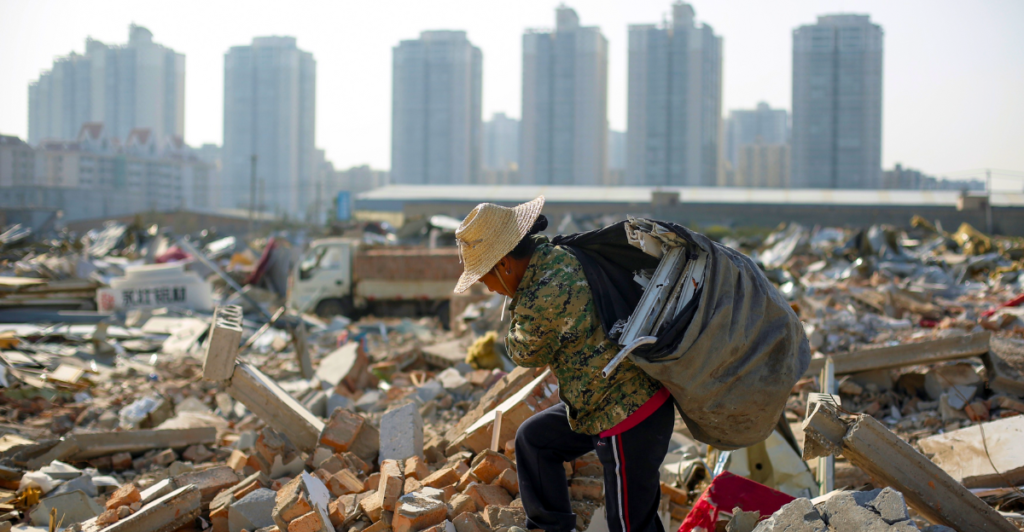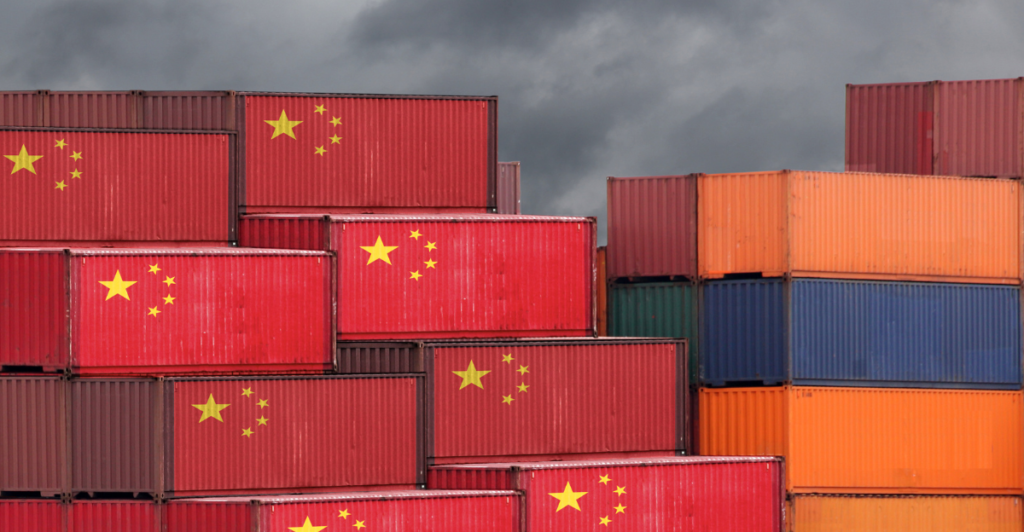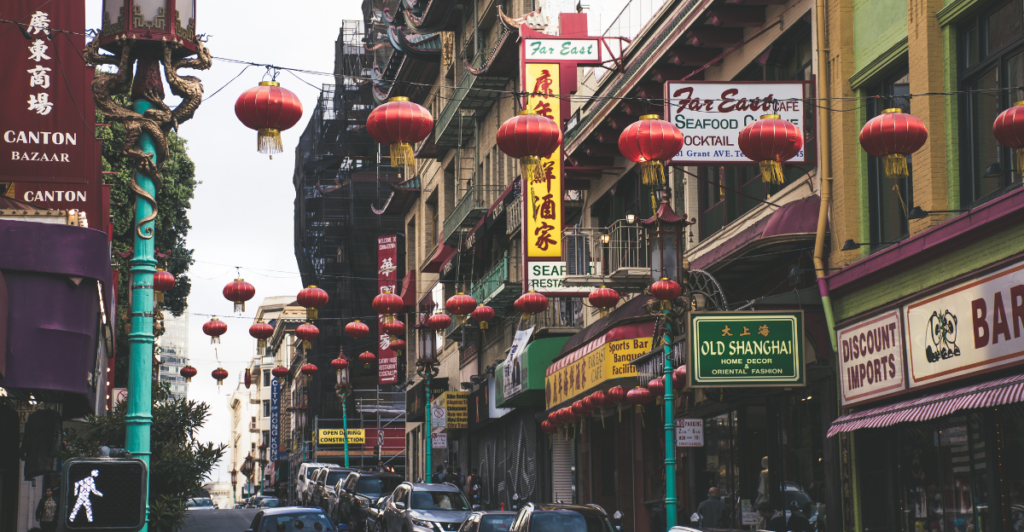
Once seen as an unstoppable economic force, China’s financial system is now unraveling at a staggering pace. What was perceived to be a symbol of wealth and strength has been struck by a series of economic catastrophes.
The once booming real estate sector is collapsing under the burden of gigantic debt, and the export-driven machine that fueled its economy is now on the verge of deceleration. Unemployment among young people is off the charts, and municipal governments are in the red.
This isn’t just a speed bump—it might be China’s house of cards economic meltdown, and the rest of the world is watching in rapt attention. Why is it melting down, and how will it impact the world economy?
The Collapse of Real Estate Giants

China’s property market, once the driver of its high-speed economy, is currently in freefall. Colossal names such as Evergrande and Country Garden, which were household names, took on unsustainable levels of debt. With hundreds of billions of dollars in obligations and now valueless assets, these giants are collapsing.
The wave of devastation sweeps far and wide, homebuyers watching their investments go up in flames, construction projects stalled, and banks racing to contain the fallout. The housing market that fueled the economy for decades is now one of its biggest liabilities.
Declining Exports

China’s status as the “world’s factory” has been a major force behind its economic ascension, but recent numbers indicate a troubling fall in exports. While the global economy decelerated, Chinese exports also saw declining demand, and competition from the rest of emerging economies increased.
The pandemic-induced aftershocks have also weakened supply chains, making it harder for Chinese manufacturers to keep pace. This decline in exports, combined with falling global demand, represents a harsh setback to China’s economy, which has relied for decades on exports as a fundamental driver of expansion.
Climbing Youth Joblessness

Chinese youth unemployment hit desperate levels with more than 20% of young adults aged 16-24 jobless. This is a direct consequence of the China’s economic downturn and a mismatch between education and market needs in keeping pace with the changing dynamics of the job market.
Students, who in the past could expect secure lucrative jobs, find themselves trapped in a restrictive job market. This growing disillusionment could spark social unrest, which would do nothing but delay China’s economic recovery further.
Inflating Local Government Debt

Chinese local governments have accumulated massive amounts of debt over the years in large part through the use of “off-balance-sheet” financing vehicles. Now, the weight of all this debt is finally beginning to come into sight as most local governments cannot pay their bills.
Others have resorted to taking loans from state-owned banks, creating a growing debt trap waiting to burst. With no steady source of income, the majority of local governments are on the verge of collapse, posing a risk to the stability of the country as a whole.
Consequences of the Zero-COVID Policy

China’s zero-COVID policy has imposed permanent scarring on its economy. The prolonged lockdowns dislocated supply chains, depressed consumer expenditures, and elevated debt levels.
The nation, as it attempts to turn around the policy, also has the challenge of rebalancing its economy and rebuilding consumer confidence. Companies are yet to recover from the aftershocks, and most sectors still have a slow recovery. Even though the pandemic might be over, its economic effects still linger.
The Shadow Banking Crisis

The shadow banking system in China outside the formal financial sector has become a ticking time bomb. The loose lending created the infrastructure and real estate bubbles but now is responsible for the financial collapse.
With increasing defaults and without regulation, the situation is critical. Collapse of the shadow banking system would cause financial instability on a wide front, from small firms to massive state-owned enterprises.
Declining Consumer Confidence

Chinese consumer confidence has taken a serious beating in the past few years. Confronted with inreasing joblessness, growing indebtedness, and declining share markets, Chinese consumers are tightening their belts.
This change in consumer spending is alarming to an economy that has long relied on domestic consumption to spur growth. With decreased spending, companies are struggling, and the service sector is hit the hardest. Uncertainty regarding the economic future of China is making individuals save more and spend less, fueling a vicious cycle of economic stagnation.
Global Implications

The unwinding of China’s economy not only hurts the country—it has global shockwaves. As the world’s second-largest economy, China is heavily integrated into global trade, finance, and supply chains.
Slowing down production in China would disrupt global supply chains, make products more costly for consumers everywhere, and put pressure on economies that depend on Chinese demand. Also, a faltering Chinese economy would diminish demand for commodities like oil, which has ramifications for international markets and prices.
The Road Ahead

China’s economic meltdown continues, and nobody knows the complete extent of the damage. Some experts believe that the government would step in with stimulus packages, the long-term potential is unclear.
There’s increasing uneasiness regarding China’s navigation through this crisis and if and how it’s going to retake its status as a fiscal titan. Either way, it’s clear that this is a tipping point in China’s trajectory, and ramifications will echo well into the next decade and around the world.
Discover more DIY hacks and style inspo- Follow us to keep the glow-up coming to your feed!

Love content like this? Tap Follow at the top of the page to stay in the loop with the latest beauty trends, DIY tips, and style inspo. Don’t forget to share your thoughts in the comments — we love hearing from you!